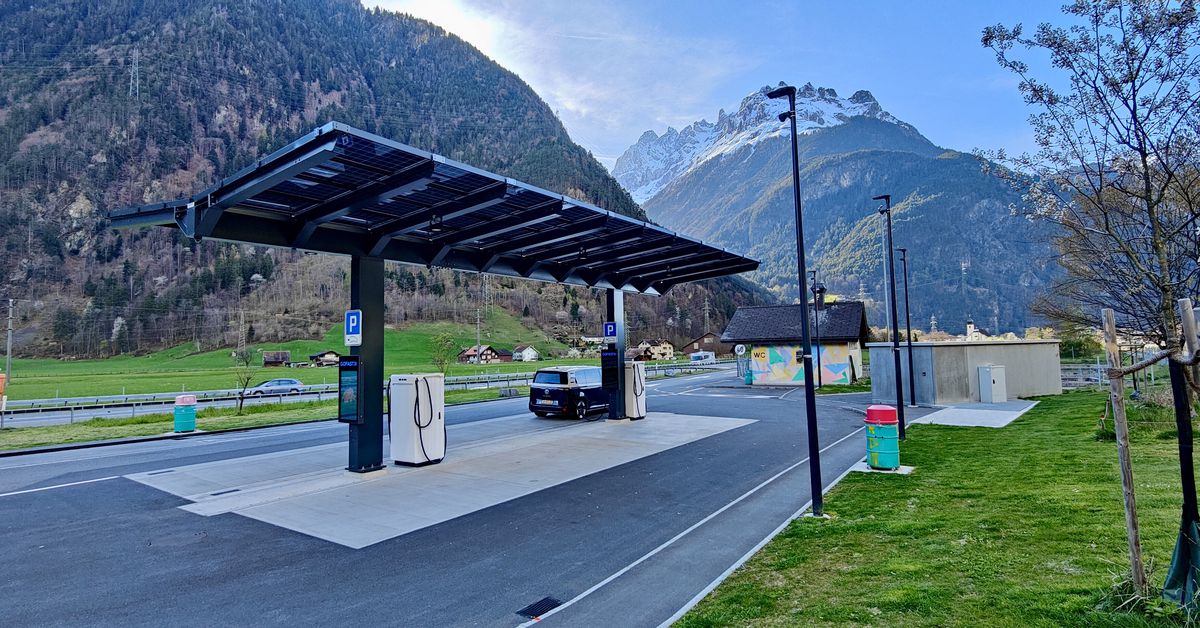- cross-posted to:
- technology@lemmy.world
- cross-posted to:
- technology@lemmy.world
EU passes law to blanket highways with fast EV chargers by 2025::The chargers must be placed every 60km (37mi) and allow ad-hoc payment by card or contactless device without subscriptions.



A Tesla can supercharge from 10 to 90 in about 30 minutes if you tell it to pre-heat the battery while* driving. If you’re going 120 on the highway I’m assuming you should get ~400-500 out of it ( depending on how heavily you’re loaded and how much that impacts your aerodynamics ).
I can’t say for non-tesla cars as I’ve not driven one before.
When charging an EV it seems the last 10% takes longer than the first 90. The more throughput the car cam take the faster it will charge. Unfortunately there’s car companies ( like Skoda ) who sell higher charge throughputs separately. I think teslas model 3 can take around 150kw?
I’m not sure on the exact terms( like kw ). I always get them mixed up. Sorry if it doesn’t make sense
It has to do with a li-ion battery’s charging curve. In the main phase of charging the charger runs in what’s called constant current mode. State of charge and charge time are linearly proportional. When the battery gets to terminal voltage (about 90% charge) the charger runs in constant voltage mode where current falls off as the battery approaches full charge. You can save time and skip CV mode if you don’t need that last 10%.
Yeah, the charging curve is very tilted. From 0-20%, a Tesla will do 250+ kW, so that only takes a couple of minutes. Then the power slowly tapers off, so your typical motorway charging session will be from 6 % to 70 %, and take around 22 minutes.
Such a charging session will typically yield another 2-2.5 hours of driving at 120 km/h, depending on model and conditions.
I highly recommend abetterrouteplanner if you want to play around with very accurate travel planning for almost any EV on the market.
AFAIK it’s usually pretty fast up to about 80%. It’s only slow when the battery voltage is close to the maximum.